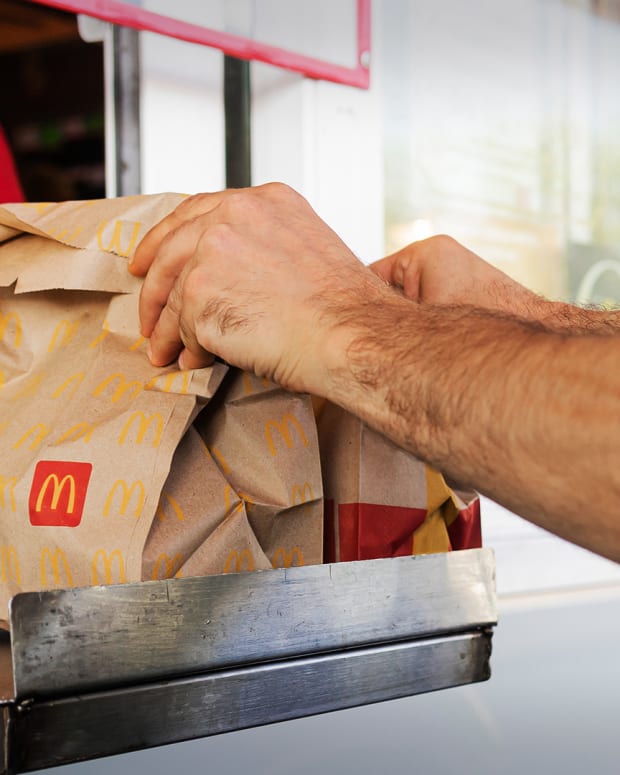Consumers are obviously very important for the economy, with their spending accounting for more than two-thirds of economic output.
The consumer has played a vital role in helping the economy rebound from the economic slump caused by the outbreak of Covid-19 in March 2020. Consumer spending rose a solid 3.1% annualized in the fourth quarter.
Generous aid from the government helped consumers along, with about $5 trillion spent on fiscal stimulus to combat the pandemic.
Monetary stimulus has helped, too, with the Federal Reserve more than doubling its balance sheet to $8.9 trillion as of last month from $4.2 trillion in February 2020, shortly before the pandemic emerged.
But now consumers are showing signs of cracking. Retail sales grew only 0.3% in February from a month earlier, after a 4.9% gain in January. Excluding gas stations, where prices are soaring, retail sales actually dipped 0.2% last month.
Online sales slid 3.7%. Sales fell at furniture and electronic stores as well as health and personal care outlets.
The surge in inflation is apparently starting to restrain spending. “Inflation is crimping into household purchasing power,” Beth Ann Bovino, U.S. chief economist at S&P Global, told The New York Times.
Scroll to Continue
“Even if wages are high, inflation for goods is even higher. You want to celebrate that larger paycheck, but you can’t because you can’t buy as much stuff with it anymore.”
Consumer prices soared 7.9% in the 12 months through February.
Consumers are showing themselves unwilling to pay lofty prices at department stores and apparel retailers, The Wall Street Journal reports. For example, clothing company Bella Dahl raised t-shirt prices by about $20. After sales dipped, Bella Dahl had to rescind the move.
“There was a revolt,” the company’s chief brand officer, Steven Millman, told The Journal. “If we go any higher, we’ll do half the sales.”
Signs of trouble for the consumer sector are one reason that a number of economists see an increasing chance for recession.
Goldman Sachs economists estimate the probability of a recession at 20% to 35% in the next year.
“We are downgrading our U.S. GDP forecast to reflect higher oil prices and other drags on growth related to the war in Ukraine,” Goldman economists led by Jan Hatzius wrote in a commentary. And that relates to consumer spending.
“Our commodity strategists’ near-term crude oil and agricultural commodity forecasts imply an effective 0.7% drag on real disposable income that will weigh on spending in 2022.”
